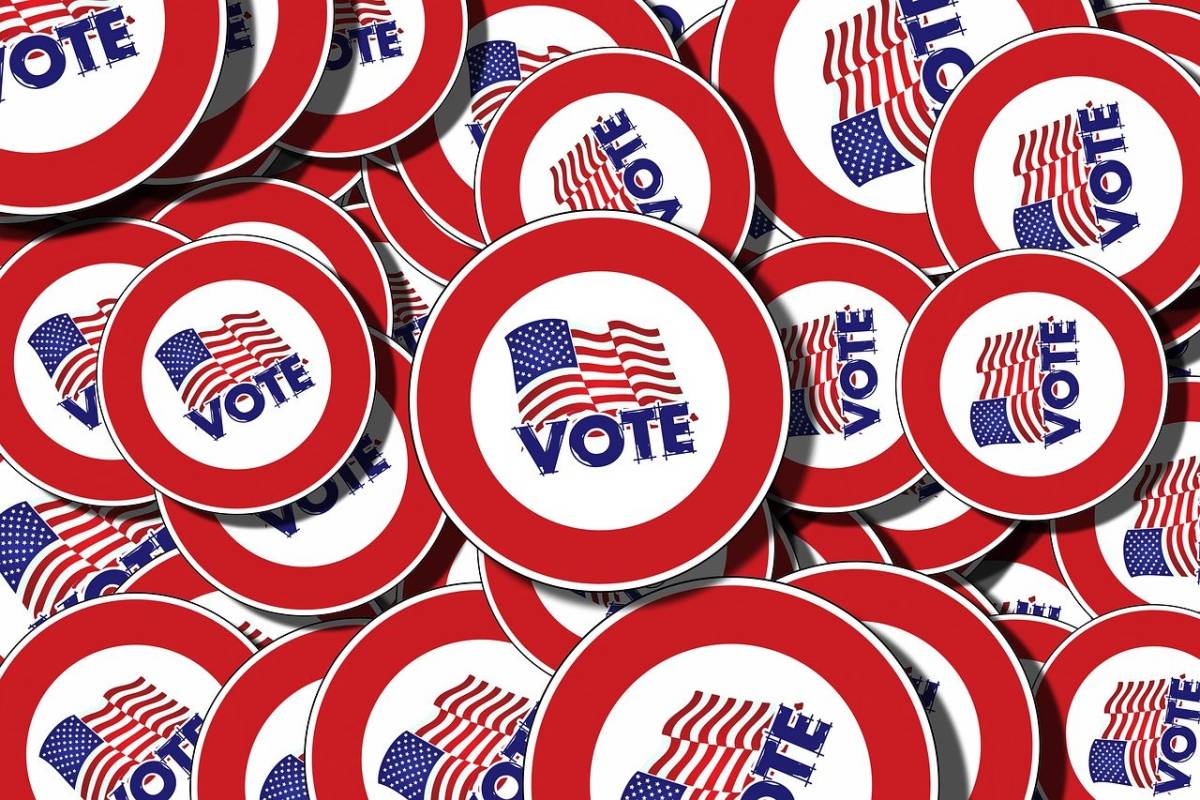In the days around the first political debate in 2024, a particular political idea kept resurfacing (again): The idea that Joe Biden is a bad candidate not due to his age, but because he supports — these are direct quotes, not sarcasm quotes — "genocide" in Palestine, passed laws that "imprisoned Black men", and so on. Their point — express or implied — is something like "they’re both the same, they all are oppressors, they’re all oligarchs," etc.
I am not going to argue whether or not any of those things — or whatever other policy complaint you have about Biden or the Democrats — are true. I am also not going to argue whether or not they are important.
There’s three simple reasons for that.
- Voting is harm reduction.
- You can have multiple political strategies
- Voting alone is not enough
Yes, I’ve read the essay "Voting is not Harm Reduction." It literally begins (emphasis mine):
Though there are some political distinctions between the two prominent parties in the so-called U.S., they all pledge their allegiance to the same flag. Red or blue, they’re both still stripes on a rag waving over stolen lands that comprise a country built by stolen lives. We don’t dismiss the reality that, on the scale of U.S. settler colonial violence, even the slightest degree of harm can mean life or death for those most vulnerable.
It accurately points out that the idea of "’voting as harm reduction’ obscures and perpetuates settler-colonial violence," to which I’d add it also obscures the oligarchic control and self-reinforcing class and race structure of the system.
That is, it does so if that is the only thing you do, and that you continue to give that lesser evil a pass on the evil they do.
The whole concept makes the presumption that the only action that one can take is voting (or otherwise working within the government structure)… and that not voting has a larger effect than voting.
It’s like a secular version of Pascal’s wager. If voting has no effect because both parties are the same, then I might as well vote, since it won’t make a difference. However, if voting does have an effect, particularly one that "can mean life or death for those most vulnerable," then I should vote.
The absurdly low individual cost to me of voting makes the ethical math worse. To explicitly choose to not vote when that result could literally mean the difference between life and death to someone in a more vulnerable position than myself is a staggering amount of arrogant privilege.
HOWEVER.
That does not mean — and has never meant — voting is enough.
It also does not mean that the party/group/individual I voted for cannot be criticized when it does awful stuff. That idea — exemplified by the GOP’s term "RINO" to get people to toe the ideological line — is closely associated with fascist rulers (see: Russia, China, North Korea), so… yeah, I’m gonna criticize "my side" when they’re wrong. That’s all we need to say about that.
But voting also still isn’t enough.
There are many ways to take political and social action, and if you can’t think of any, there’s local and national groups that I’m sure would be happy to have your help. I don’t just mean PACs and political parties (though they’re certainly included). Here’s some other examples:
- Dayton’s Have A Gay Day is not an explicitly political group, but they definitely have an impact in our area not only in supporting those who need assistance, but in promoting equality.
- The Interfaith Alliance forges "powerful alliances among people of diverse faiths and beliefs to build a resilient, inclusive democracy and fulfill America’s promise of religious freedom and civil rights not just for some, but for all."
- The Major Taylor Project "breaks down barriers to cycling for youth of color in King and Pierce County" in Washington State.
Taking action includes small actions like speaking up when there’s something bigoted said at the office. By pestering reporters and editors to, oh, cover a race fairly. And so on.
If there is a benefit I gained from reading "Voting is not Harm Reduction," it is remembering that direct action does not mean it has to be explicitly within the political process and that voting — even when it does reduce harm, is not enough.
Featured Image by Gerd Altmann from Pixabay
